10 Philosophers that hugely impact the world we are living in
10 Philosophers that hugely impact the world we are living in
Updated on August 16, 2022 23:17 PM by Andrew Koschiev
Philosophy, in its broadest sense, is an activity in which people try to understand basic truths about themselves, the globe wherein they live, as well as their interconnection to it and to entangling.
Theoretical philosophy (metaphysics and epistemology), practical philosophy (ethics, social and political philosophy, aesthetics), logic, and philosophy history are the four pillars of philosophy.
AlsoRead: top-10-mind-blowing-psychological-facts
Why is Philosophy important?
It assists us in the analysis of concepts, definitions, assertions, and problems. It improves our ability to organize ideas and issues, deal with value questions, and extract what is crucial from large amounts of data.
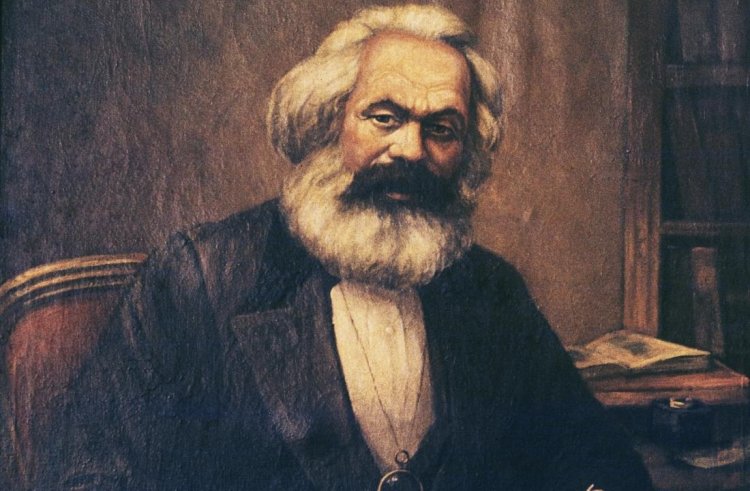
About Philosopher
A philosopher is a person who studies and practices philosophy. The term philosopher is derived from the Ancient Greek word o, romanized as philosophos, which means "lover of wisdom." Pythagoras, a Greek thinker, is credited with coining the term (6th century BCE).
AlsoRead:author Gillian Flynn invites fans on a cruise
Now we will talk about the Top 10 Philosophers throughout history
1. Plato
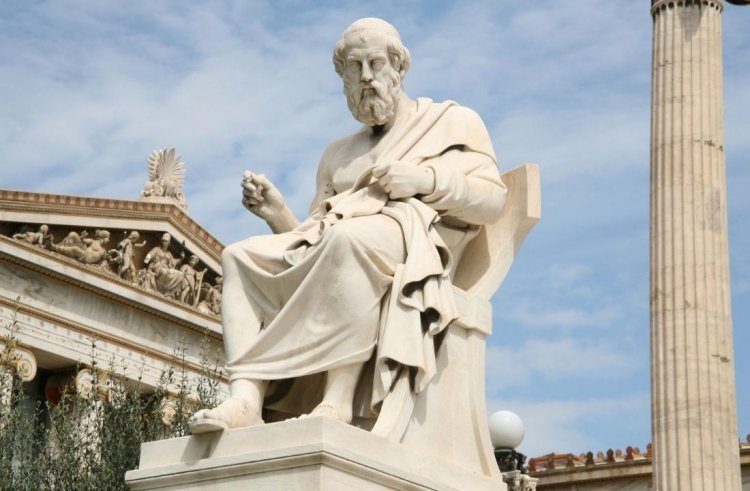
Plato was a Greek philosopher who was born in Athens during the Classical period of Greek history. He established the Platonist school of thought and the Academy, Europe's first higher education institution.
Plato is famous for what?
The Republic, Plato's most famous work, depicts a wise civilization led by a philosopher. He is also well known for his dialogues (early, middle, and late), which demonstrate his mystical theory of forms.
He was a Socrates student who later taught Aristotle. He established the Academy, which many consider being the first Western university. Plato wrote at least 25 philosophical texts. He devoted his life to teaching and learning and is regarded as one of the founding fathers of Western philosophy.
Plato is known as the "Father of Idealism"
Many consider Plato to be the greatest philosopher in history who ever lived. In philosophy, he is known as the "Father of Idealism." His ideas were elitist, with the ideal ruler being the philosopher king. Plato's cave allegory, which appears in Plato's Republic, is maybe best known to college students. Plato believes that conflicting interests within society can be reconciled. He proposes a best, rational, and righteous political order that leads to a harmonious unity of culture and enables each of its parts to blossom, but not at the cost of others.
Facts about Plato
- Plato established his own school in Athens, The Academy.
- He had an interesting perspective on death.
- His family member nearly assassinated Socrates.
- He taught royalty.
- Plato was a soldier in the Peloponnesian War.
also read: Health Tips And Plan For Potential Mental Health Issues For Teens Going To College
Add Block
2. Aristotle
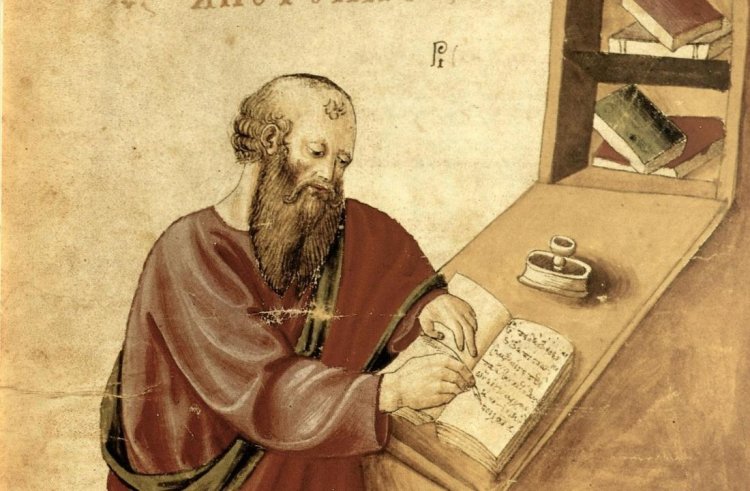
Aristotle was a Greek philosopher and polymath who lived in Ancient Greece during in the Classical period. He was the founding member of the Peripatetic school of philosophy within the Lyceum and the larger Aristotelian culture, having been taught by Plato.
He was the greatest philosopher throughout the history
Aristotle was the first genuine scientist and one of the greatest philosophers throughout history. He made groundbreaking contributions to all fields of philosophy and science, created the field of logical reasoning, and recognized and investigated the numerous science fields of study.
The moral theory of Aristotle
Aristotle's moral theory, like Plato's, focuses on virtue, recommending a righteous way of life-based on its relationship to happiness.
Aristotle's believe
Aristotle's philosophy emphasizes biology rather than arithmetic. He believed that the world was made up of individuals (substances) that existed in specific natural forms (species). Each individual has built-in developmental patterns that help it grow into a fully developed individual of its kind.
Facts about Aristotle
- He is also known as the 'Father of Zoology'.
- Aristotle made contributions to animal categorization.
- Physics has benefited from his contributions.
- In the Lyceum, Aristotle established a school.
- Aristotle was also considered to be the father of physics and astronomy.
also read:Genetic links between blood test reports with some mental health disorders
3. Thomas Aquinas
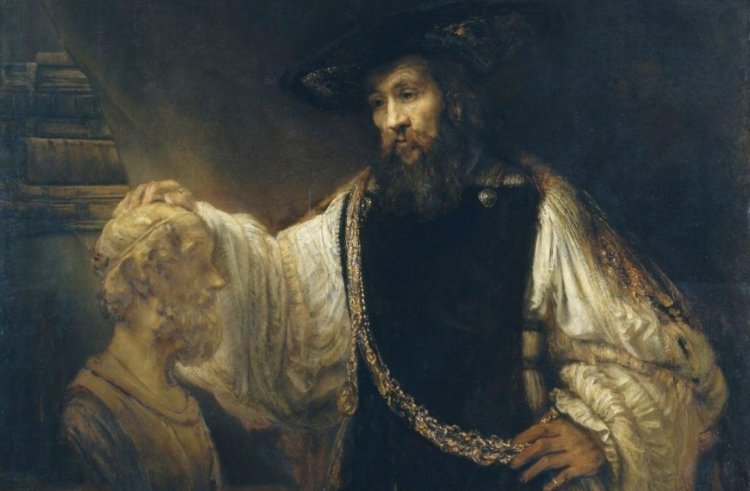
The greatest of the Scholastic philosopher throughout history was St. Thomas Aquinas. He developed a comprehensive synthesis of Christian theology and Aristotelian philosophy that impacted Roman Catholic doctrine for centuries before becoming the church's formal philosophy in 1917.
Why is Thomas Aquinas considered a saint?
The Catholic Church considers Thomas Aquinas to be a saint and the model teacher for those preparing for the priestly, as well as the fullest peak of natural reason and speculative theology.
Aquinas wrote the most about natural law
"The light of reason is positioned by nature in each and every man to mentor him in his acts," he stated. As a result, people are the only animals among God's creation whose lives are guided by reason. This is a natural law.
Facts about Thomas Aquinas
- He fled his home to pursue his Dominican vocation.
- He was obstinate.
- He was known as the "dumb ox." Because
- He could start dictating to two or three receptionists at the same time.
- He was pretty humble and required to submit all of his work to the Church's judgment.
Also read: 20 Major Philosophers & Their Big Ideas
Add Block
4. Socrates
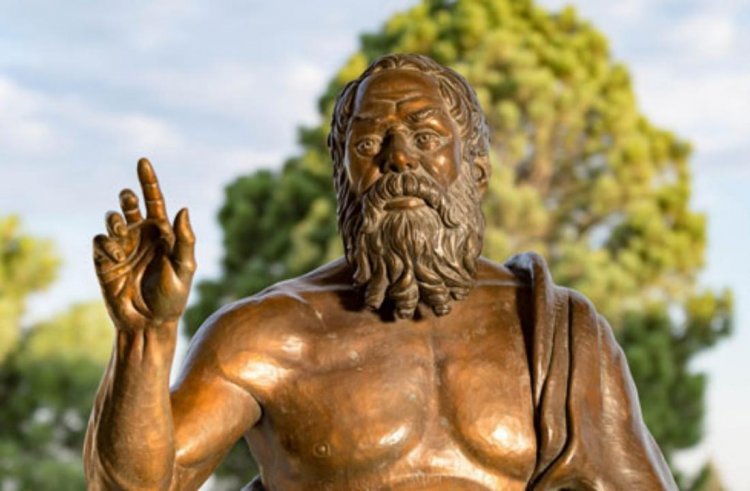
Socrates was a Greek philosopher throughout history from Athens who is regarded as the founding father of Western philosophy and one of the first moral philosophers of the ethical philosophical tradition.
Socrates Believe
Socrates believed that philosophy should produce practical results that benefit society. He tried to create an ethical framework based on human reason rather than doctrinal doctrine. Socrates noted that human choice was driven by a desire for joy.
Facts about Socrates
- Socrates was not born into a noble family.
- Socrates was not a believer in religion.
- He died as a result of hemlock poisoning.
- He did not leave any written teachings.
- Socrates served as a soldier.
Also read:
The 25 Most Influential Philosophers of All Time–A Philosophy Study Starter
Add Block
5. Confucius
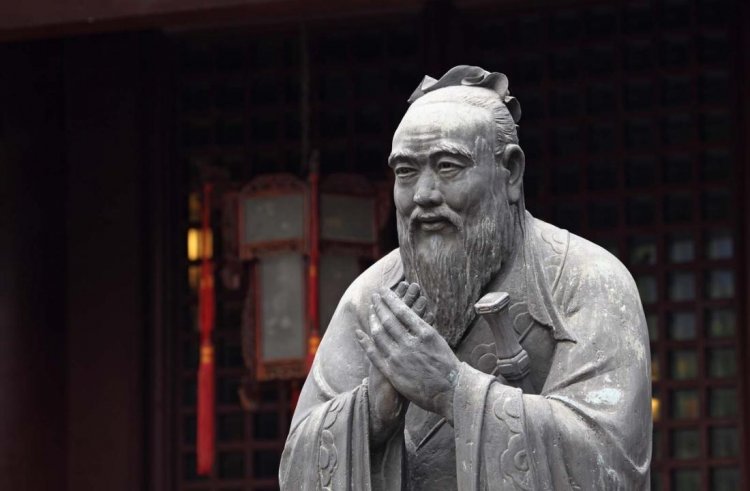
Confucius was a Spring and Autumn period Chinese philosopher throughout history and a politician who is regarded as the shining beacon of Chinese sages. Confucius' doctrines and philosophy continue to influence Chinese and East Asian culture and society to this day.
These are the three teachings of Confucius
The most important of these teachings are Jen, which means "benevolence," I which means "righteousness," li, which means "proprietary/ritual," and hsing, which means "human behavior." Hsiao, or "filial piety," is another important concept for young individuals who grew up in the Confucian tradition.
Facts about Confucius
- Confucius was born in Qufu.
- He was a much-desired son.
- His teachings were compiled into a sacred text known as the Analects.
- He emphasized the significance of ritualism.
- He emphasized the significance of ritualism.
6. David Hume
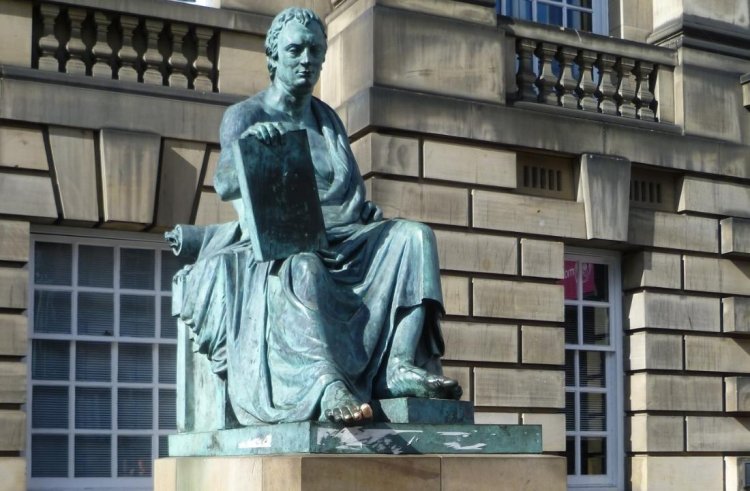
David Hume was a Scottish Enlightenment philosopher throughout history, scholar, economics professor, librarian, and essayist known best for his influencing system of modern philosophy, suspicion, and naturalism.
Hume was strongly influenced by empiricists John Locke and George Berkeley, as well as Francophone writers like Pierre Bayle and Anglosaxon intellectuals like Isaac Newton, Samuel Clarke, Francis Hutcheson, and Joseph Butler.
Hume contended that our comprehension of whether an action is correct or incorrect should be based on the reaction to it. To put it another way, we should rely on one another to determine what is "right." Certain virtues, such as justice and equality, are righteous because they benefit us.
According to Hume's Story
The emotions (what we now call emotions, feelings, and desires) are imprints rather than ideas, as per Hume's theory of the mind (original, vivid and lively perceptions that are not copied from other perceptions).
Facts about David Hume
- David Home was born in Edinburgh.
- The History of England took Mr. Hume 15 years to complete.
- 'Humean' refers to Mr. Hume's philosophical impact.
Add Block
7. Karl Marx

Karl Heinrich Marx FRSA was a German philosopher throughout history, economics professor, scholar, sociologist, political theorist, journalist, and socialist revolutionary. His most famous works include the 1848 pamphlet The Communist Manifesto and the four-volume The Capital.
Karl Marx was a German philosopher throughout history who lived in the nineteenth century. He primarily worked in political ideology and was a well-known communist supporter. He co-wrote The Communist Manifesto and Das Kapital, which together formed the basis of Marxism.
Karl Marx was an outspoken atheist. He didn't think religion was insane or especially bad: it was "the opium of the people," but it was also "the heart in a heartless world." Rather, he had a theory about religion's nature that tried to get to the heart of the human experience.
According to Marx's theory
Marx's historical materialism theory states that societies progress through six stages: primitive communism, slave society, feudalism, capitalism, socialism, and eventually worldwide, stateless socialism.
Facts about Marx
- Marx's direct lineage was rabbis.
- Marx chose not to attend his father's funeral.
- He suffered from poor health.
Add Block
8. Laozi
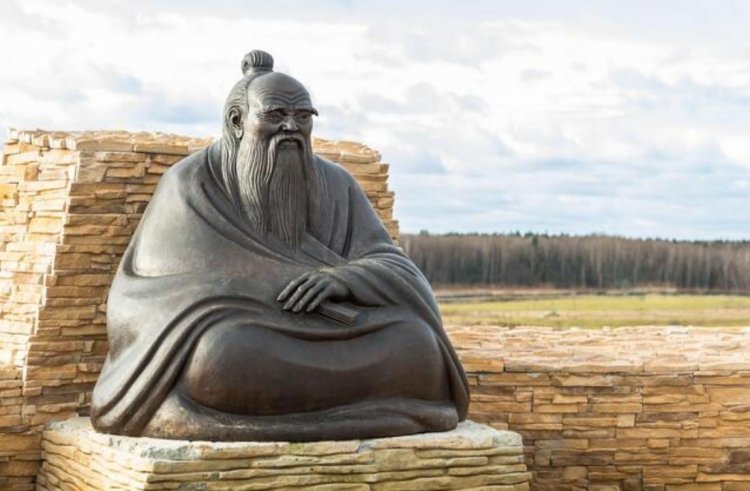
Laozi is regarded as a supreme god in Daoism. The name "Laozi" is best translated as "Old (Lao) Master (zi)," and Laozi the antiquity thinker is said to have authored a short book that has come to be known simply as the Laozi, after its putative author, a practice prevalent in early China. He was a Chinese philosopher throughout history.
In order to achieve life balance, Laozi emphasized harmony with the Dao—a reference to something that could not be named. Laozi taught his believers the concepts of non-action (wuwei) and color and light (yin/yang-primordial, vibrant proper balance of opposites) to aid in this procedure.
Laozi is revered by Confucians as a philosopher and as a saint or god in the common religion, and he was worshipped as an imperial forefather during the Tang dynasty.
9. Martin Heidegger
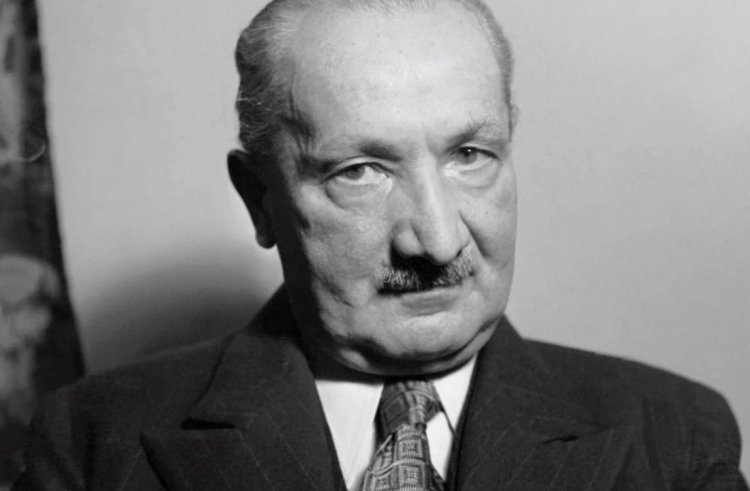
Martin Heidegger was a German philosopher throughout history best known for his work in epistemology, exegesis, and nihilism. He is regarded as one of the twentieth century's most important and influential philosophers.
Heidegger's conceptual analysis focused on the individual and social existence of human beings in their world. From this perspective, the world and the being are indistinguishable.
Said by Martin Heidegger
"Every individual is born as many times as there are men and dies as many times as there are men." "Why are there beings at all, as opposed to Nothing?" "Longing is the agony of being close to the distant." "Thinking only begins when we realize that Reason, which has been glorified for millennia, is the most obstreperous opponent of thinking."
10. Ludwig Wittgenstein
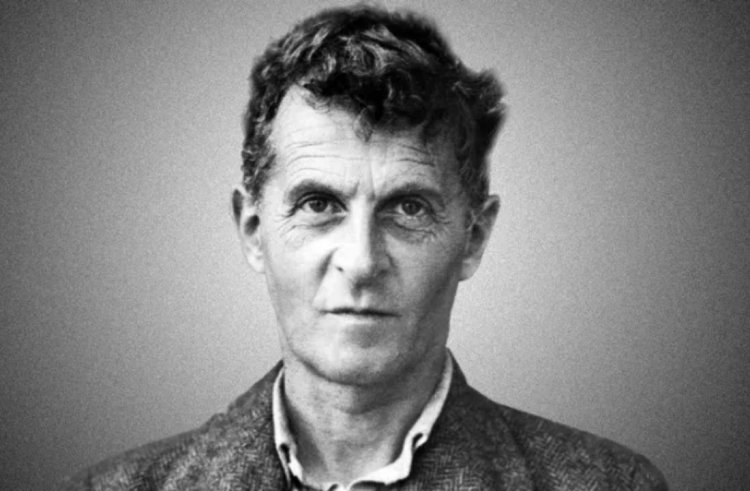
Ludwig Josef Johann Wittgenstein was an Austrian-British philosopher throughout history who specialized in logic, philosophy of arithmetic, psychology, and language philosophy. Some consider him to be the greatest scholar of the twentieth century.
Ludwig Wittgenstein was well-known for
Wittgenstein made significant contributions to discussions about language, logic, and ontology, as well as ethics, or how we should live in the world. He wrote two significant books: Tractatus Logico Philosophicus (1921) and Philosophical Inquests (1953), for which he is best known.





